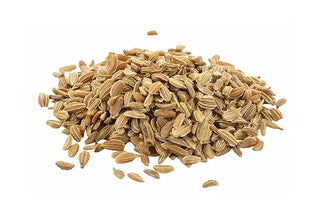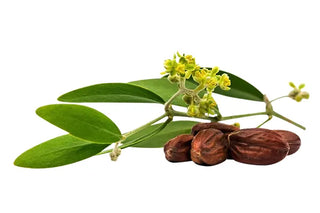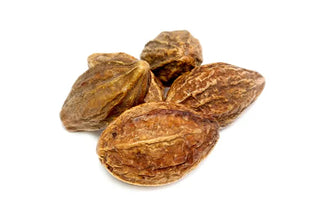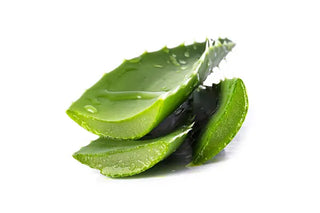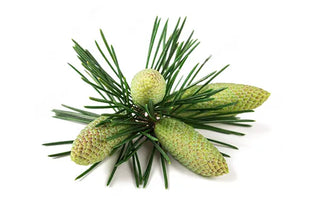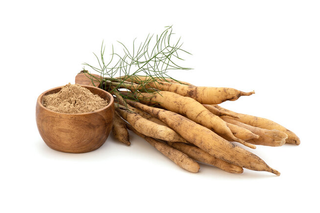
Ingredients
Shatavari
Supports women’s health, fertility, and immunity, Men can use it for stamina and vitality.
Shatavari (Asparagus racemosus) is a revered herb in Ayurveda, often called the "Queen of Herbs" due to its profound ability to support women's health and overall vitality. The name "Shatavari" translates to "one who possesses a hundred husbands," symbolizing its traditional use in promoting fertility, strength, and rejuvenation. It is classified as a Rasayana (rejuvenative) herb, beneficial for all doshas but particularly effective in balancing Vata and Pitta doshas.
Shatavari is renowned for its adaptogenic properties, helping the body cope with physical and emotional stress. It is a natural hormone regulator, supporting reproductive health in women by alleviating menstrual irregularities, reducing symptoms of menopause, and enhancing fertility. For lactating mothers, Shatavari acts as a galactagogue, boosting milk production. It also strengthens the uterus and promotes overall hormonal balance.
Beyond women's health, Shatavari is an excellent general tonic. It supports digestion by soothing the stomach lining, reducing acidity, and alleviating symptoms of gastritis. Its anti-inflammatory and antioxidant properties strengthen immunity, protect against infections, and promote skin health. Additionally, Shatavari is known to enhance mental clarity, reduce anxiety, and improve sleep, making it a versatile herb for holistic wellness.
In Ayurveda, Shatavari is commonly consumed as a powder (churna), decoction, or tablet. It is often mixed with warm milk or water to enhance absorption and effectiveness. With its gentle yet powerful properties, Shatavari continues to be a cornerstone of Ayurvedic practice, celebrated for nurturing the body, mind, and spirit.




